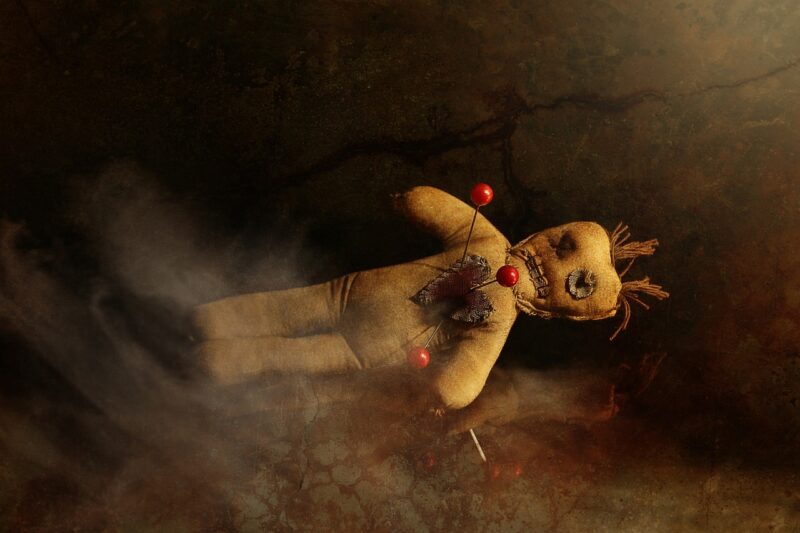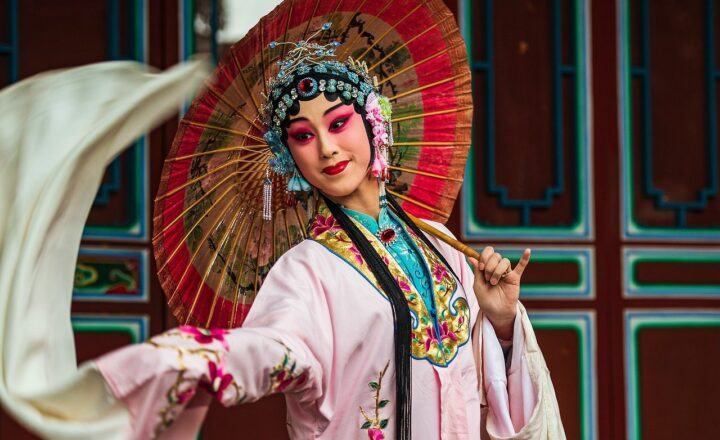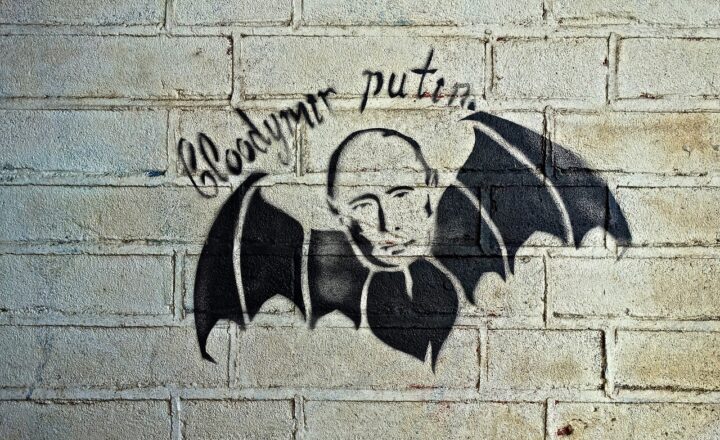The Origins of Zombie Lore: From Haitian Folklore to Modern Pop Culture
November 13, 2024

The concept of zombies has transcended through cultures and centuries, evolving into a prominent figure in modern media. Often depicted as mindless, flesh-eating creatures, zombies have roots that dig deep into Haitian folklore and history. Understanding this evolution provides insight into our fascination with the undead, social commentary, and human psyche across different eras.
1. The Beginnings: Haitian Vodou and the Zombi
Zombie lore can be traced back to the beliefs of the Haitian Vodou religion, a complex mixture of African traditions, Catholicism, and native Taíno influences. In Vodou, the term “zombi” refers to a person who has been revived from the dead, but only as a soulless entity manipulated by a sorcerer known as a “bokor.” This resurrection process reveals a deep-seated fear of death and the loss of autonomy, an allegory reflecting the experiences of enslaved Africans forced to work without agency.
The zombies in Haitian folklore were not always depicted as the monstrous figures we see in contemporary media. Instead, they were portrayed as lost individuals, stripped of their identities and condemned to a life devoid of will. This notion signifies profound themes of power, control, and alienation that resonate with the historical contexts of colonialism and servitude.
2. The 19th Century: Cultural Exchange and Interpretation
As the migration of ideas and cultures continued, the concept of the zombi began to seep into Western literature and media. Writers such as William Buehler Seabrook, who published “The Magic Island” in 1929, played a significant role in popularizing the Haitian zombie. Seabrook’s accounts, painting a mystifying image of zombification, combined with sensationalist tropes, further distorted the original essence of the zombi and turned it into a fantastic spectacle rather than a cultural reality.
This period gave rise to a fascination with the exotic and otherworldly, embedding zombies into the collective imagination of the West. As more people became aware of the Vodou beliefs, they detached the zombie narrative from its cultural roots and reshaped it into a myth rooted in horror.
3. The Golden Age of Hollywood: The Zombie Film Genre Emerges
The transformation of the zombie archetype reached a significant pivot point during the 1930s and 1940s. The release of the classic horror film “White Zombie” in 1932 marked the very first zombie film, featuring Bela Lugosi as the sorcerer manipulating the dead. This film introduced audiences to the idea of a reanimated corpse driven by dark magic rather than the original Vodou context, which was often lost in translation.
However, it was George A. Romero’s “Night of the Living Dead” in 1968 that fully encapsulated what we now identify as the modern zombie. His interpretation transformed zombies from enchanted figures to mindless, flesh-hungry ghouls, illustrating humanity’s greatest fears and anxieties during the turbulent 1960s. Romero’s zombies became a metaphor for social issues, with an emphasis on consumerism and societal breakdowns, creating a foundation for many zombie narratives that followed.
4. The Evolution: From Horror to Satire and Beyond
During the late 20th and early 21st centuries, zombies underwent yet another transformation, appearing in diverse genres, including comedy, romance, and even action. Films like “Shaun of the Dead” (2004) showcased the comedic potential of the zombie genre, while works like “Zombieland” (2009) mixed humor with horror elements.
In literature, writers like Max Brooks with “World War Z” and “The Zombie Survival Guide” adopted a more satirical and analytical perspective on the genre, exploring the cultural implications and societal critiques that zombies represent. Brooks’ work provokes thought about consumer culture, government failures, and the human condition, showcasing the zombie as not just a monster, but a reflection of our fears and societal constructs.
5. The Modern Landscape: Zombies in Video Games and Television
In recent years, the explosion of zombie narratives can be seen across various media forms, particularly in television series such as “The Walking Dead” and video games like “Resident Evil” and “Left 4 Dead.” These stories have crafted complex narratives surrounding survival, moral dilemmas, and relationships in a post-apocalyptic world.
The success of these platforms signals a significant cultural shift, indicating that zombies have become a versatile symbol capable of addressing various themes, including existentialism, survival, and what it means to be human in the face of catastrophic events. The zombies’ physical threat typically mirrors internal struggles and societal issues, causing audiences to engage with the themes on a deeper level.
6. Conclusion: The Enduring Appeal of Zombie Lore
The evolution of zombie lore, from its roots in Haitian Vodou to its modern manifestations in pop culture, reflects the shifting fears, social issues, and human experiences across different periods and cultures. Through reanimation, we confront our anxieties, question our humanity, and explore the boundaries between life and death.
As long as society grapples with its fears and existential concerns, zombies will continue to rise indefinitely, representing the complexities of what it means to be human. Whether as a reflection of our societal failings or simply as entertaining monsters, zombies will remain a captivating aspect of folklore and pop culture for generations to come.








